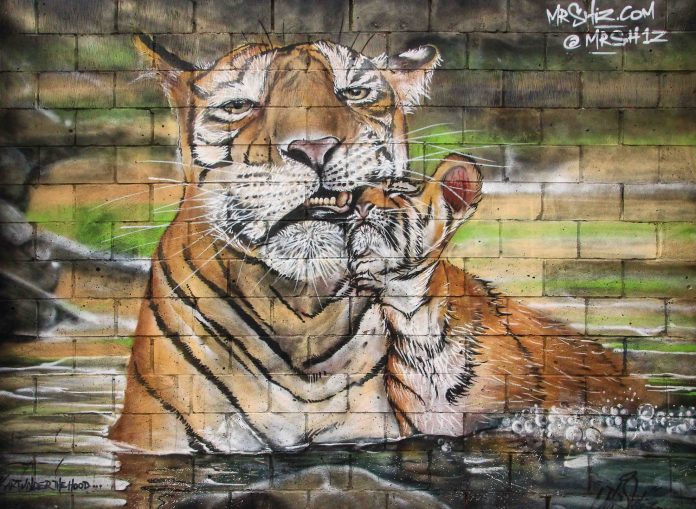There is an urgent need to raise public awareness of the welfare of wild and exotic animals kept as pets, and adopt EU-wide legislation to tackle the issue, argue MEPs in a resolution.
In a resolution on improving EU regulation on wild and exotic animals to be kept as pets, adopted with 29 in favour, 1 against and 1 abstaining, Petitions Committee MEPs back the proposal for an EU-wide positive list that would regulate trade with wild and exotic animals and restrict their keeping as pets.
Invasive alien species are considered the second most important cause of biodiversity loss, both in the habitat in which the species comes from and in the ecosystems of the EU. The trade also negatively impacts the health of the animals themselves: according to reports, a substantial amount of wild and exotic animals die within the first year of becoming a pet, with a vast majority succumbing to suffocation, disease, starvation and dehydration during transit.
According to the report, positive lists (whitelists) have many advantages over negative lists (blacklists) in that they tend to be shorter, distinct lists and give clarity about which species are allowed to be kept as opposed to negative lists, which prohibit certain species and have to be updated as trends change. MEPs call on the Commission to carry out an impact assessment of the added-value and feasibility of establishing an EU-wide positive list.
The report also urges the EU to seize the opportunity to incorporate the lessons learnt from the COVID-19 pandemic into its policies. Trade with exotic animals can pose a danger to human health due to zoonosis, or infectious diseases passing from animals to humans. Therefore, the EU should adopt cohesive rules to prevent the zoonotic spreading of diseases, say the MEPs.
MEPs note that current legislation in Member States is fragmented and inconsistent, often focusing mainly on mammals while ignoring other animals such as birds and reptiles that are widely represented in the pet trade. Inconsistent legislation also makes consistent data collection difficult, which underlines the need for a cohesive EU approach, argue MEPs.

